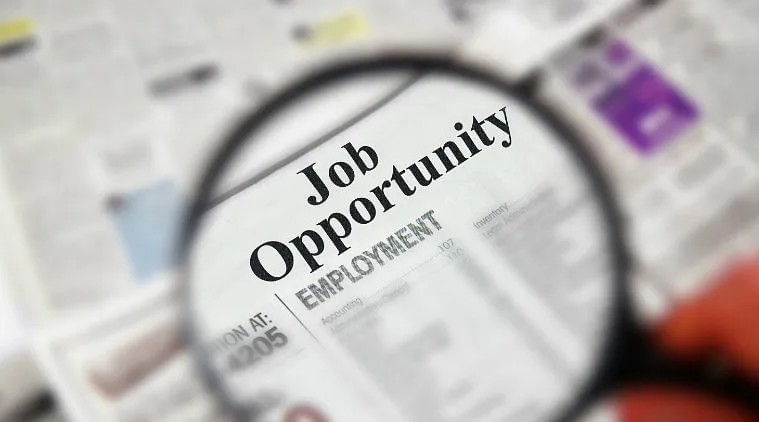As leaves fall in autumn denuding branches, job have fallen making millions of families vulnerable. Globally the loss of jobs because of the lockdown has turned into a long term crisis, one that might actually surpass the pandemic in its effects. In the developed part of the world, where economies are deep, and labour laws are robust, there is at least a social security net to take care of the people who have lost their jobs.
But in this part of the globe, where economies, despite high rhetoric, are frail, people are wondering what could be the future of the families whose earning member is now out of work. Add to it that there are no safety nets in place, and people are actually left to fend for themselves.
In India there is a huge labour force – skilled, semi skilled, and unskilled – that is not organised. They are no body’s responsibility. The way we saw them overnight turning shelterless, and devoid of any means to travel back home, sends tremors down the spine.
It is a human catastrophe and one doesn’t find any rescue plan for them in near future. Those in the organised sector are headed to face extremely difficult conditions. One, millions in the organised sector have lost jobs. Two, the job market is not going to revive so quickly. Three, the pattern of expenditure while earning is not easy to change.
For example if kids are going to a private school they cannot be asked to leave and go to a government school. Four, the social securities are either completely absent, or marginally in place, even in the organised sector. In this situation where shall those millions of families go? This is the question that stares the governments right in the middle of the face. Even if lockdown is relaxed, or eventually lifted, the damage is already done. What are the plans in store with the governments to save such people.
The governments in the developing countries must take it very seriously, and give up the practice of accumulating arms and weapons at the cost of millions of poor and middle class families.
This is also time for these countries to resolve the conflicts within a state, and between states, politically. Because the investment that goes into addressing these conflicts militarily is the actual burden on national budgets. If this money can be diverted to creating jobs, and putting in place social securities, the crises ahead can be better addressed.






